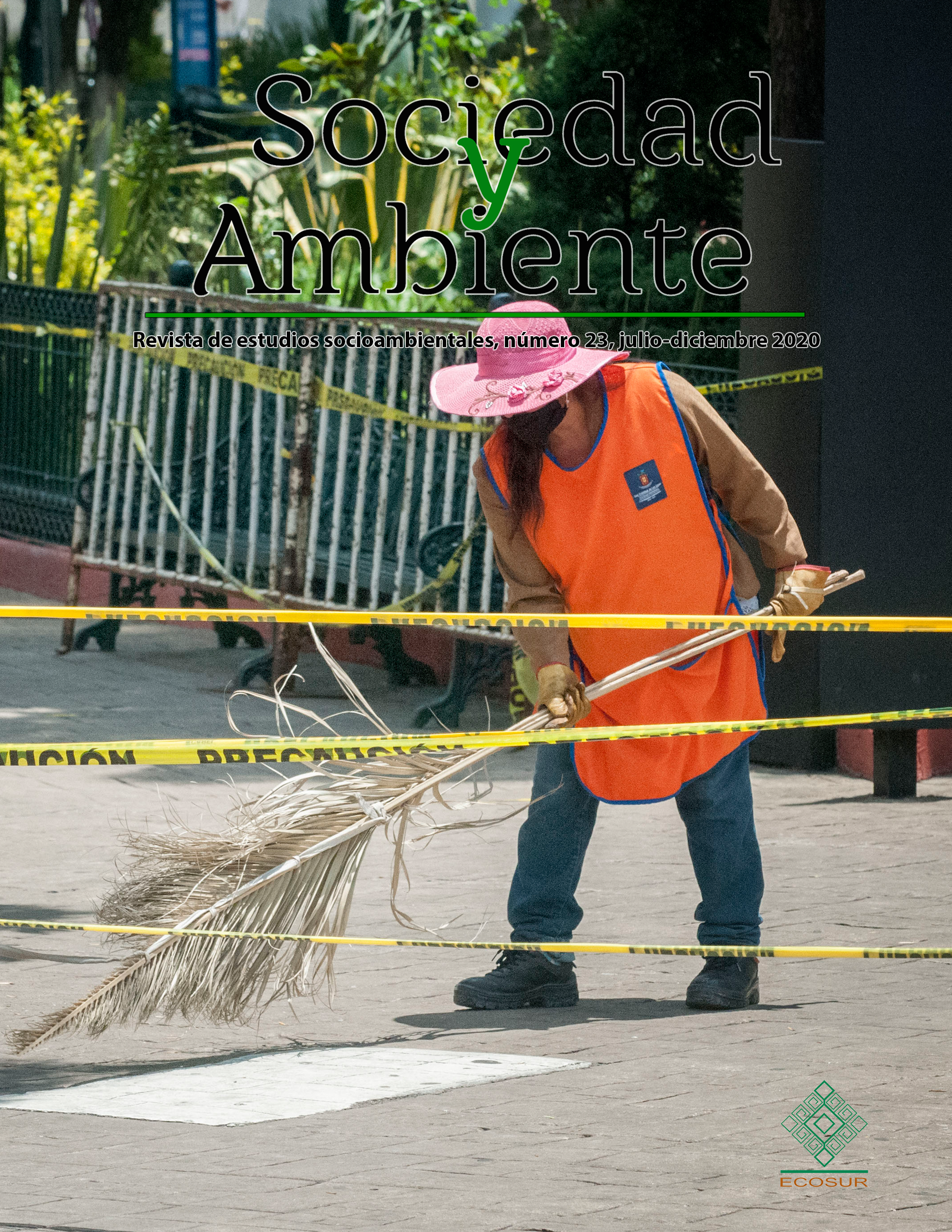Abstract
The paper highlights water service in the interior of the province of Buenos Aires-Argentina, where the debate over the quality and levels of arsenic has led to legal conflicts. One emblematic conflict took place in the municipality of Nueve de Julio, where the population organized and filed a legal claim that resulted in a court decision by the Supreme Court in 2014. After the demands and judicial requirements, a discussion forum was set up with various parties that enabled the signing of an agreement and the subsequent development of the infrastructure required to reduce arsenic. This article documents the process that took place from 2010 to 2016 and examines the current situation from the perspective of the stakeholders. It does so using a qualitative, methodological strategy that drew on primary sources, especially interviews with key informants, a direct survey and secondary sources that include documents of the organizations involved, sectoral legislation and newspaper articles.

Sociedad y Ambiente by ECOSUR is licensed under a Creative Commons Reconocimiento-NoComercial-SinObraDerivada 2.5 México License


